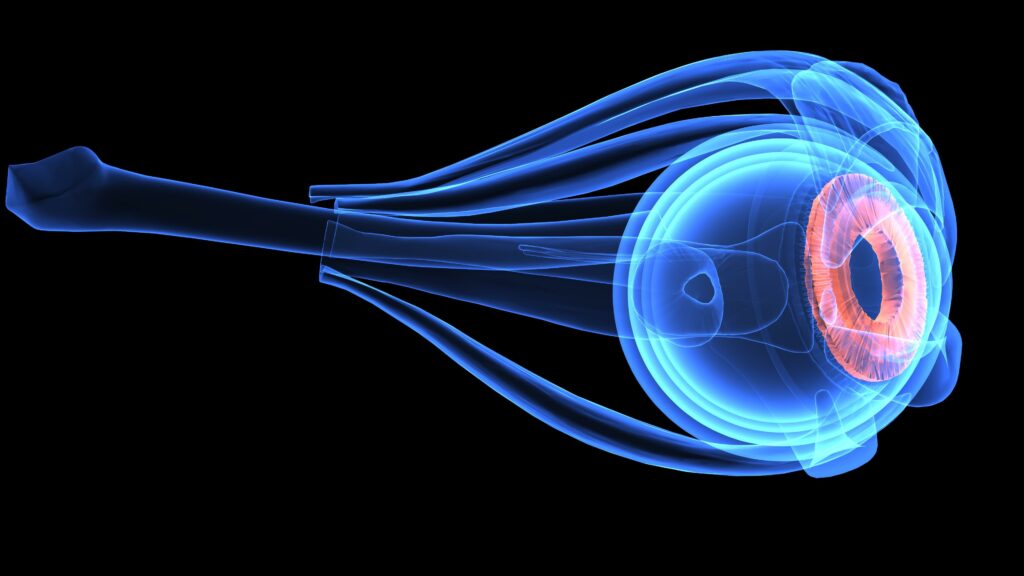Malignancies of the thyroid can be classified as either of follicular cell origin or parafollicular C-cell origin.
Malignancies of the thyroid can be classified as either of follicular cell origin or parafollicular C-cell origin. The cancers of follicular origin include papillary thyroid cancer (PTC), follicular thyroid cancer (FTC) and Hurthle cell cancer commonly referred together as differentiated thyroid cancer (DTC), poorly differentiated thyroid cancer (PDTC), and anaplastic thyroid cancer (ATC).1 Medullary thyroid cancer (MTC) originates from the parafollicular C-cells.1 PTC and FTC account for more than 80–90 % of all thyroid cancers, MTC for about 4 %, PDTC for about 5–10 %, and ATC for 2–5 %.1,2 Although ATC represents only a minority of all thyroid cancer cases, it accounts for approximately 50 % of all thyroid cancer-related death.3 Its highly aggressive nature is underscored by a median survival rate of less than six months following diagnosis.3,4 While ATC has an almost uniformly fatal outcome despite aggressive therapy,1 unselected patients suffering from MTC have an overall 10-year survival of approximately 70 % following primary successful surgery5 (see Figure 1). However, until recently, only limited therapeutic options existed for patients with unresectable or metastatic MTC.6
Unlike in more frequent types of cancer, prospective randomized trials are difficult due to the lack of sufficient number of patients. Thus advances in the clinical care of ATC and MTC has been slow and mainly depend on retrospective data analysis or limited case series or even clinical case reports.
Surgery is considered the only curative treatment option in MTC.6 This contrasts with ATC, where the potential and optimal sequence of surgery, radiation, and chemotherapy still needs to be defined.7,8
To view the full article in PDF or eBook formats, please click on the icons above.













